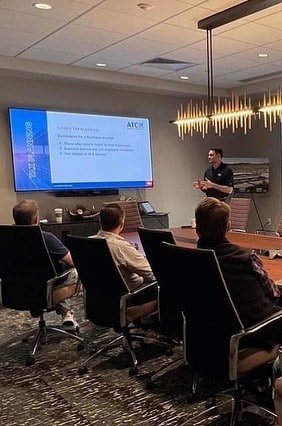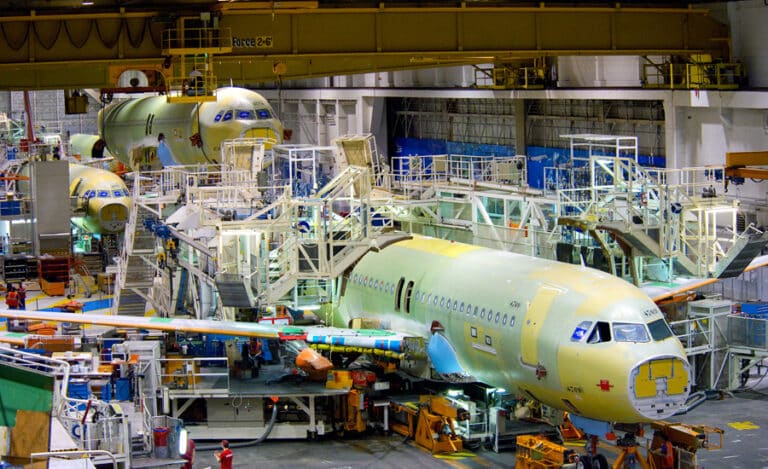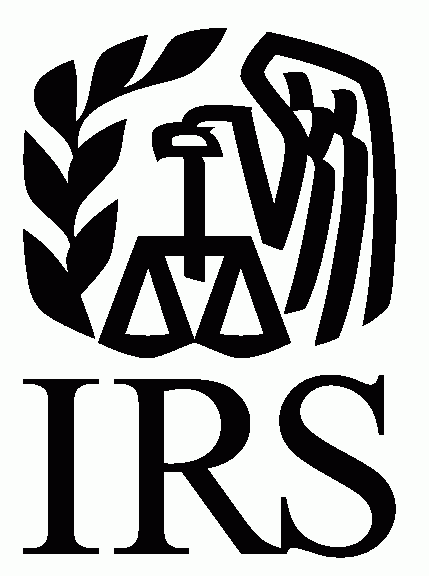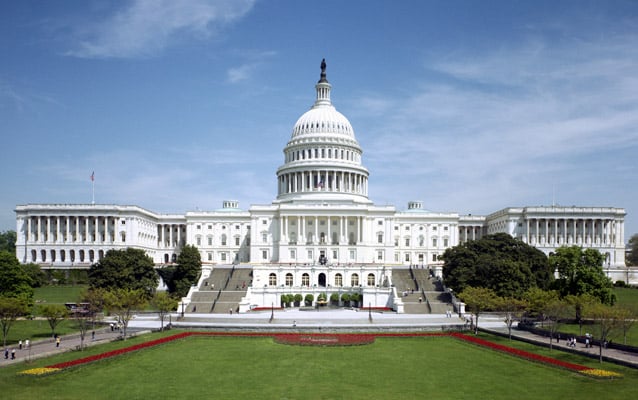Time-sharing Agreement
My response is a resounding no – why subject your passengers to additional tax payments to the US Treasury when alternatives can be implemented.
Background
I have come across many aircraft owners thinking that a time-sharing agreement is the only viable and legal solution to their aviation problem of getting folks to pay for the cost of traveling on the company aircraft. Time-sharing agreement is a very tax inefficient solution to an aviation problem that can most likely be solved with alternative solutions, that will not incur the 7.5% Federal Excise Tax (FET) by aircraft owners or passengers.
What is a time-sharing agreement?
Time-sharing agreement is a “wet” lease when the aircraft owner can lease the aircraft with its flight crew. Time sharing agreement complies with Federal Aviation Regulations (FAR) that generally prohibit aircraft owners from receiving reimbursements, or payments for transportation.
The Internal Revenue Service (IRS) considers a flight flown under a time-sharing agreement to be a commercial flight, as the aircraft owner is providing transportation and receiving compensation from the passenger. All charges paid under a time-sharing agreement are subject to 7.5% FET. In other words, this is a self-imposed tax incurred by the business owner / passenger when they choose to utilize a time-sharing agreement.
The aircraft owner has the obligation of collecting and remitting FET collected to the US Treasury by filing Form 720. Filing frequency of Form 720 can be quarterly or monthly.
A more tax efficient alternative?
As a tax advisor, I cannot recommend a solution to my client that will result in higher tax payment to the government. It is counter intuitive. Therefore, in my practice as an aviation tax advisor for the past 22 years, I have never recommended time-sharing agreement to any client as a solution.
I have always been able to get the parties together and formulate a solution that accomplishes the goals of the clients and the passengers, and in full compliance of IRS rules and FAA regulations. It often takes some outside the box thinking, and more importantly, it takes full understanding of the facts, the tax laws and FAA regulations, taking into account the needs and the goals of the clients and passengers – to create a tax efficient solution. Time-sharing agreement has never been necessary to any clients in my career.
Avoiding time-sharing agreement is especially important when the passengers are often the business owner individually, former executives of the company, or family members of the owner or ownership group. If the passenger is an unrelated third party, incurring FET to the passenger may be less of a concern, except for the administrative costs of compliance.
Stump the plane tax guy?
If you have been utilizing a time-sharing agreement, and dutifully paying 7.5% FET to the IRS, I may be able to formulate a plan that will accomplish your goals, while saving thousands of dollars of unnecessary tax payments. If not, I would admit having been stumped for the first time in my career!







